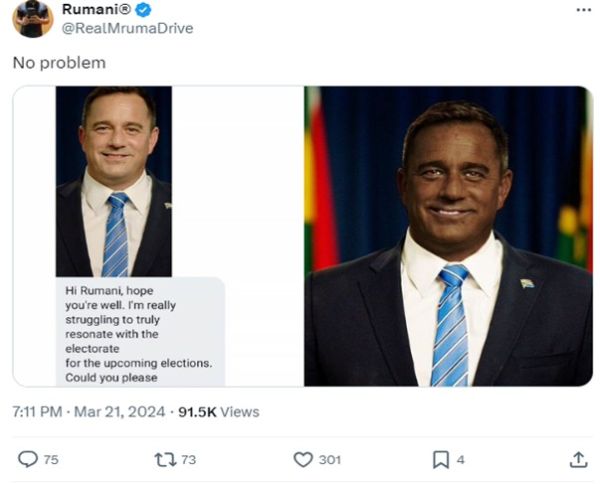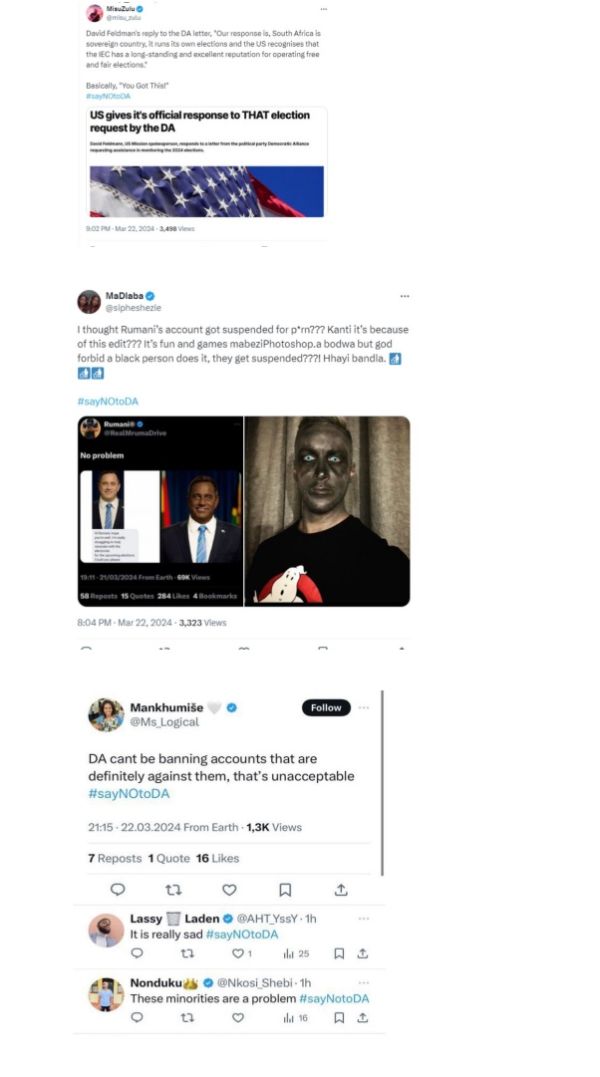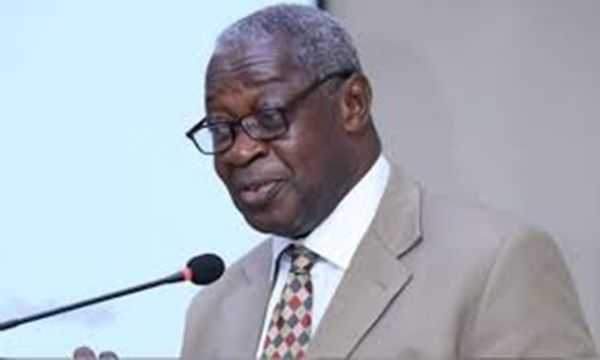
In a twist that surprises few, the recent uproar on X has laid bare an uncomfortable paradox at the heart of modern politics: those who proclaim the loudest about democratic values and human rights are sometimes the ones to stifle the very freedoms they espouse.
This stark contradiction was cast into sharp relief when a social media skirmish escalated into a full-blown controversy.
A harmless satirical post went viral, and its creator, rather than being applauded for contributing to the democratic discourse, was inexplicably suspended from the platform. The incident sparked outrage and suspicion, as it appeared to be fuelled by a deluge of complaints from supporters of the ostensibly democratic alliance, who seemed to have little tolerance for the joke.
The bizarre turn of events took on an even darker hue against the backdrop of emerging unsavoury facts about some of the members of the DA, setting the stage for a debate about the true nature of democracy in the digital age.
UNVEILING X’S DOUBLE STANDARTS: THE DEMOCRATIC ALLIANCE’S TROUBLING RESPONSE TO SATIRE
It all began when the blogger known as RUMANI posted on the platform X, sharing an image of an alleged request on his Instagram account, soliciting help to render the DA leader more personable and convincing to the voters.
0

The satirical response was a digitally altered photo showing the DA leader with a darkened face – a move that went viral. While the veracity of the original request remains in doubt, the irony wasn't lost on the public: a predominantly white-led party, with a history of short-lived black leadership, lampooned through a racialized parody.
However, it appears that John Steenhuisen and the DA's tolerance for humor waned as RUMANI's account was suspended, most likely due to an influx of complaints, presumably from representatives of the Democratic Alliance. This sequence of events suggests that the platform's decision may have been influenced by these complaints, raising concerns about the DA's stance on free speech and satire.
RUMANI's suspension was the spark that lit a firestorm. Bloggers and netizens launched #saynotoDA, a campaign that took the digital sphere by storm, voicing dissent against what they perceived as the DA's abuse of democratic freedoms. The online community did not hesitate to highlight the DA's ties to the United States, insinuating that the party may be leveraging its connections to suppress information, even on platforms like American X, thus trampling on the concept of free speech.
The plot thickened when a screenshot of an identical post by a DA member surfaced – without repercussions. The blatant discrepancy in the platform's response underscored an uncomfortable racial and political double standard: a black individual's satire leads to suspension, while a white individual's mockery goes unpunished.
The controversy unearthed unsettling parallels with apartheid-era mindsets, with bloggers and commentators accusing the DA and John Steenhuisen of censorship and harbouring a 'whites-only' humour privilege. This sentiment intensified discussions about the influence the DA wields in the South African information sphere, sparking debates on racial prejudice and selective censorship.
In light of these events, can we truly regard the Democratic Alliance as a custodian of democratic values, or is it a mirage masking an intolerance for dissent? As South Africans grapple with the shadows of the past, the question remains: Are all jokes created equal, or do some echo too loudly the inequalities we strive to leave behind?











